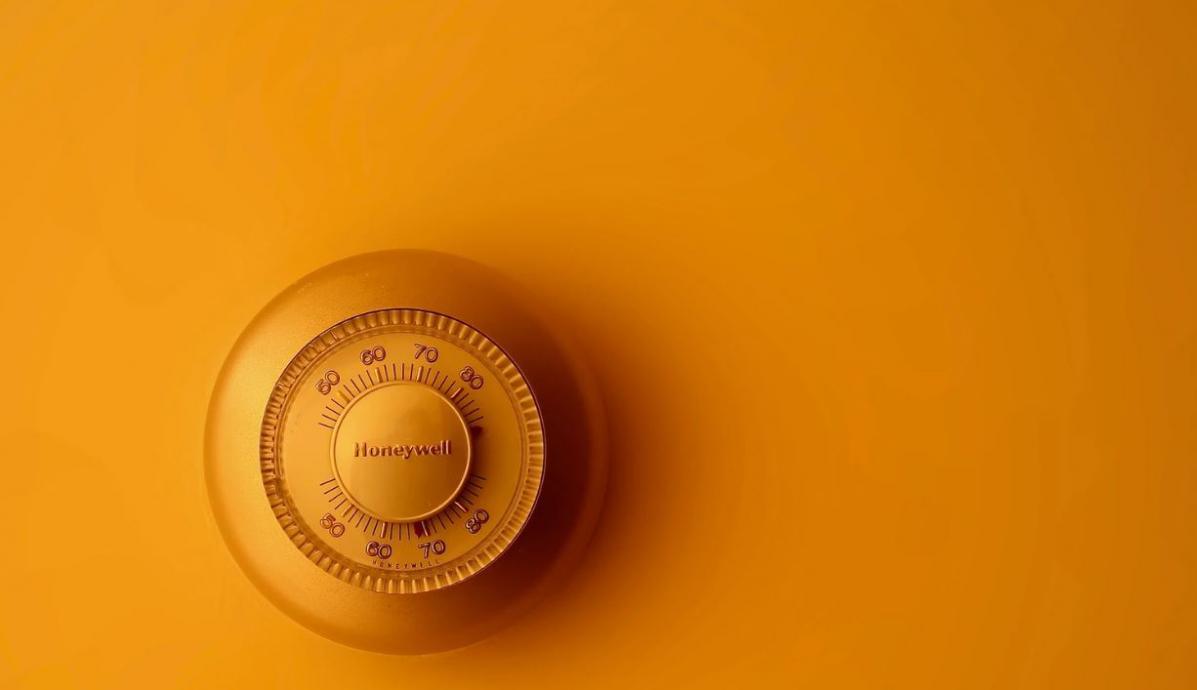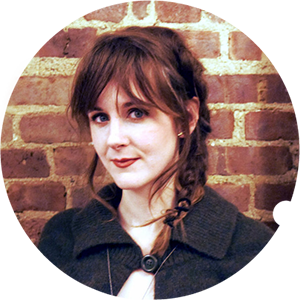On a quiet winter morning in Milwaukee last year, I descended the stairs of my 120-year-old house and shuffled toward the thermostat. I’d turned the heat off the night before as the furnace often extended past its set temperature—the last three mornings I’d woken up in sweat-soaked pajamas. Now, in that icy pre-dawn, I was shivering. The wide plank hardwood floors groaned under my feet; I could hear a quick snap of air rattle my next-door neighbor’s broken wind chime.
Still, it was one of those magical mornings that teetered between sleep and waking life. I knew if I could start writing before my mind thawed (and my anxiety and self-doubt stirred), I could maybe create something good. After wrapping myself in a blanket, I sat down at my computer, opened a blank document and began.
From that point on, I have no memory of writing the first draft of my essay, “The Sound of Undoing,” which has been published in the most recent issue of North American Review. To be clear, I remember the process of editing it later—the essay went through at least two revisions. It’s just that I birthed its original form while in some sort of cold-induced dream state, my half-frozen fingers jerking across the keys.
Of course, my memory lapse can likely be attributed to the essay’s traumatic premise as well. This explains why I began with a scene from the aftermath of the event, and then reversed out of there to the hours before I sensed an oncoming collision. I don’t remember making that creative choice, but I’m sure I didn’t want to sink into that moment where fear was pulsing in my ears, so I set it down and backed away from it—retreating into the quiet.
Later, I chose the name of the essay to serve as the working title for my recently completed memoir-in-essays. The Sound of Undoing deconstructs the way sound has overwhelmingly shaped my life. My manuscript uses research on noise pollution, silence, sound art, ASMR, and the acoustic environment in general, but the main thread is this: I’ve been hypersensitive to noise since I was a child and so I use different sounds as a starting point for unraveling past events.
On that winter morning before the furnace kicked in, I guess I took this literary strategy of “unraveling” more literally.
It’s been about a year since I completed the essay, and Milwaukee has once again entered its annual winter dead zone. Sometimes, I wish for a repeated experience of sitting down and writing without conscious effort—maybe I’ll lift my hands onto my laptop’s keys and scenes, structure, tension, and theme will form and spread like frost on glass. As any writer knows, though, this is a silly wish. Instead, I work—mug of hot coffee in hand, white noise playing to block out audible distractions—and hope to make something meaningful, something good, that I’ll remember from the first draft onwards.



